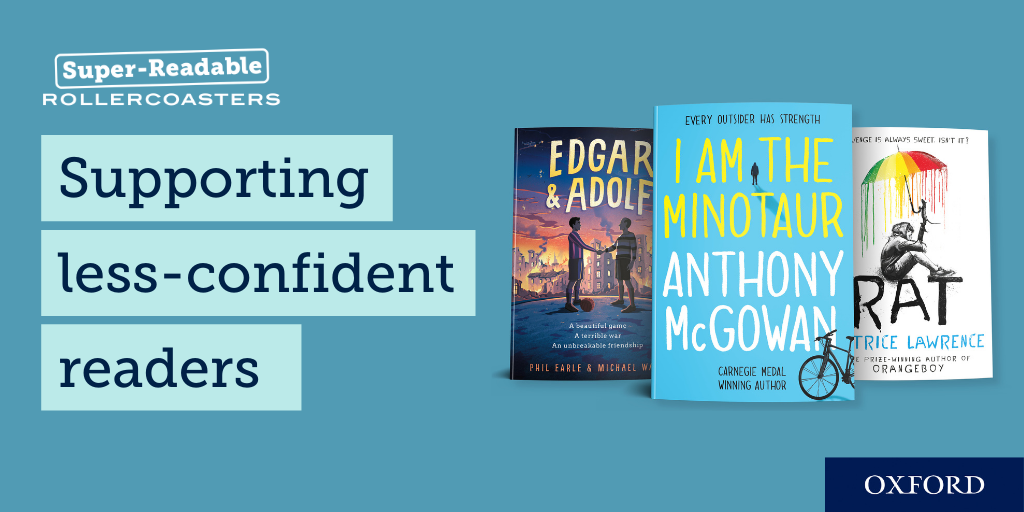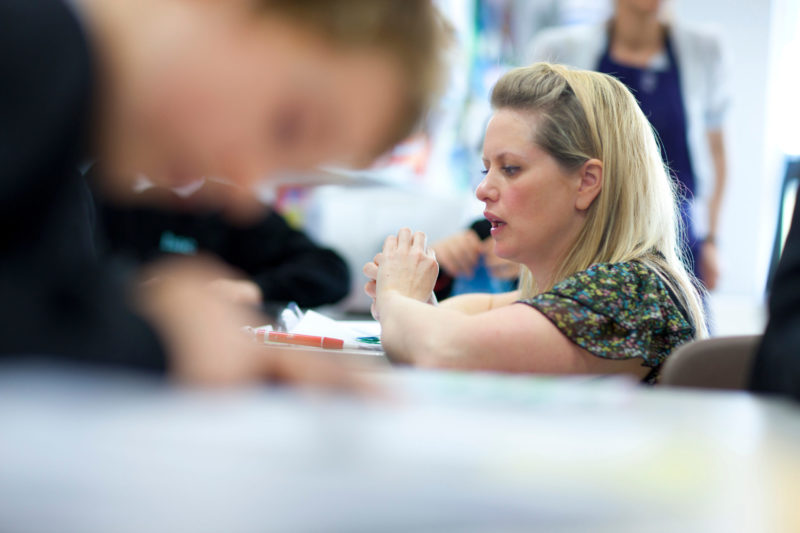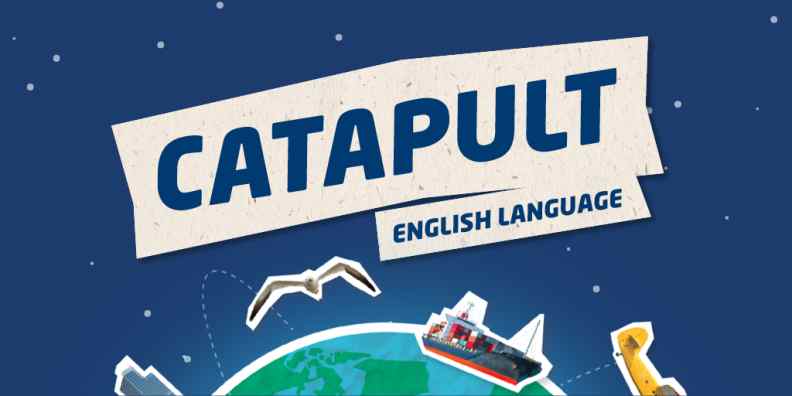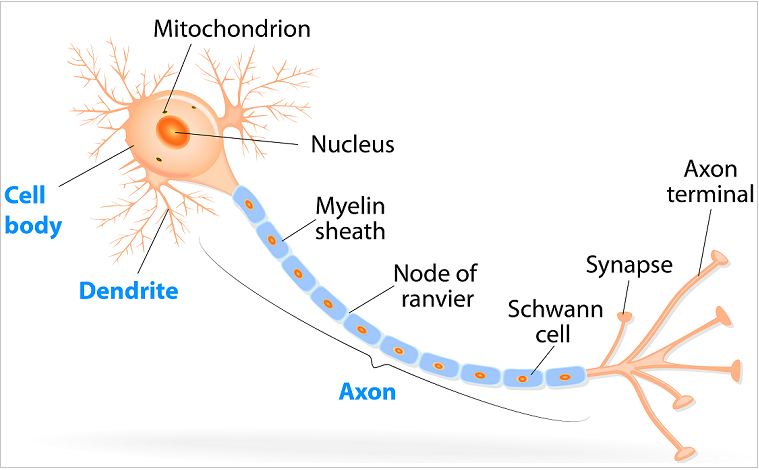
Here are some handy comprehension resources and simple ideas to share with parents to help them support their children’s reading comprehension during school closures.
Read more
Here are some handy comprehension resources and simple ideas to share with parents to help them support their children’s reading comprehension during school closures.
Read more
Super authors, super accessible, simply super-readable fiction for KS3/11-14 Written by award-winning authors and developed in partnership with Barrington Stoke, the experts in producing accessible fiction, Super-Readable Rollercoasters aim to encourage less-confident readers and support them to become life-long readers. With findings from the latest Word Gap report by Oxford University Press showing that pupils may have read less widely for pleasure during lockdown, these new titles […]
Read more
If you’re new to the role of literacy lead, or just have an interest in approaching Literacy across the school I’d strongly advise beginning your journey with vocabulary – I have written two blogs on this (links below). It makes sense that before students can access texts, we teach them how to access words, and […]
Read more
Sarah Eggleton: Continuing from the previous blog – ‘Closing the word gap – introducing a whole school approach’ this blog will explain how we moved from staff delivering key words in lessons to enabling teachers and students to engage with and interrogate vocabulary to get a genuine deep understanding of it. What we wanted to […]
Read more
Sarah Eggleton: Following on from my previous two posts regarding developing a consistent approach to closing the word gap in the English classroom, I’m pleased to share how we moved from English to a whole school approach to explicit vocabulary teaching. Experience has taught me that when moving to implement a Literacy strategy the overwhelming […]
Read more
For almost 6 months students have lived a range of experiences, positive and negative, during the lockdown period. English is not a linear subject and is taught by building upon what is already understood, by securing and reinforcing key skills and concepts in a range of contexts and through a variety of texts, says Katie […]
Read more
It is safe to say that there will be a pressing urge to ‘get back to normal’ when schools resume. However, it will be important to make space for recovery work: the conversations, routines, and relationships that help a school flourish. It is also important to remember that there is likely to be a wider […]
Read more
‘A Sea of Talk’ Helen Prince considers some of the educational challenges facing schools and offers her advice for encouraging developing vocabulary across the curriculum. Responding to a pandemic was not part of my teacher training. Dashing around Christ Church, Canterbury all those years ago, I remember no module on understanding the challenge of students […]
Read more
It started with a book… Closing the Vocabulary Gap by Alex Quigley is the book that started the Stretford High School English Department’s endeavour to improve our students’ vocabulary. Quigley opened the dialogue for a problem we knew existed but weren’t sure how to solve. His book clarified the classification of words we needed students […]
Read more
Anhydrous, exothermic, fullerene, isomerase, medulla, monomers, ribosomes, titration, xylem… How many of these words do you know? For a scientist – or even a knowledgeable GCSE science student, no less – this list of complex words will trigger a wealth of background knowledge. For many pupils, however, the same list of words would likely provoke […]
Read more